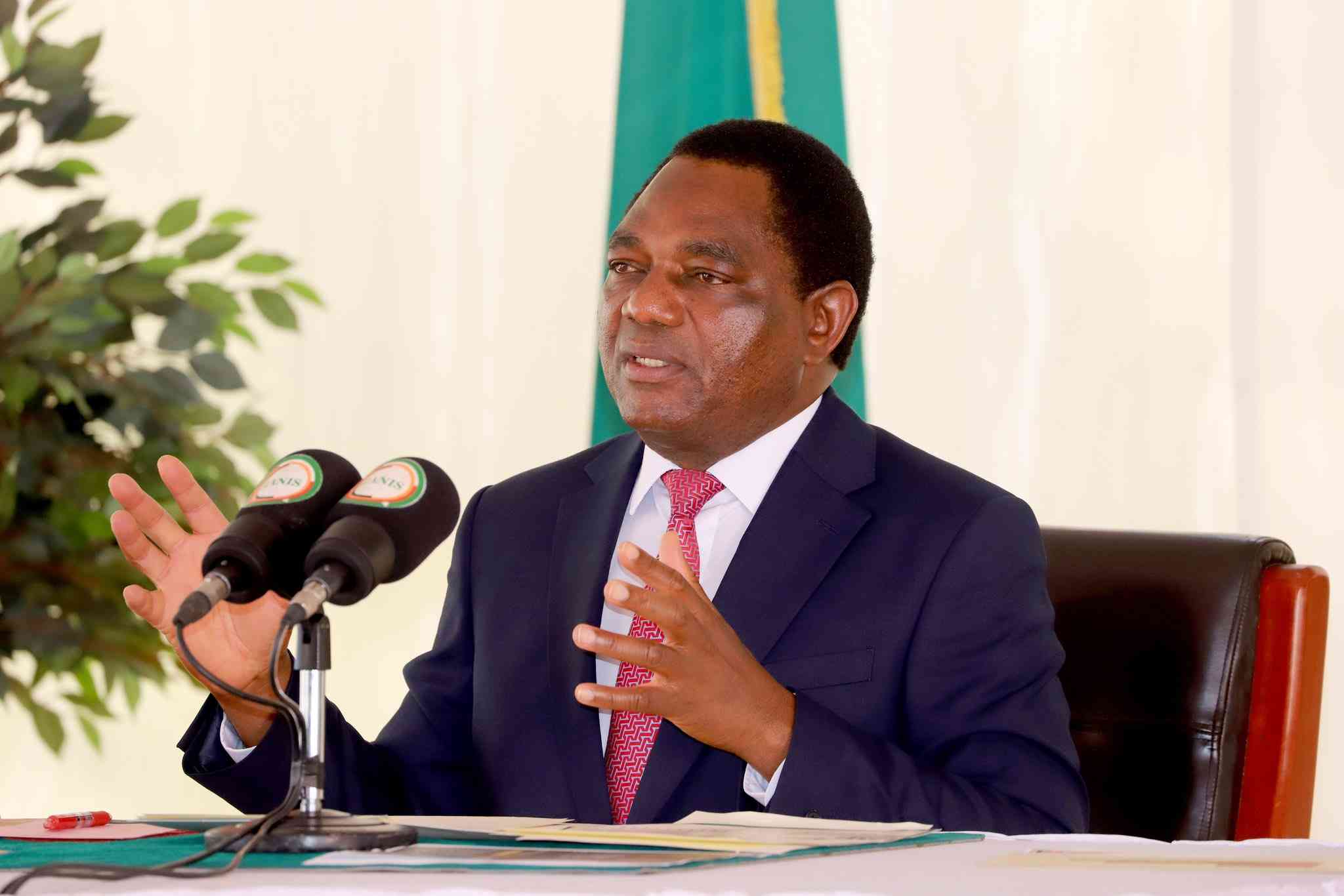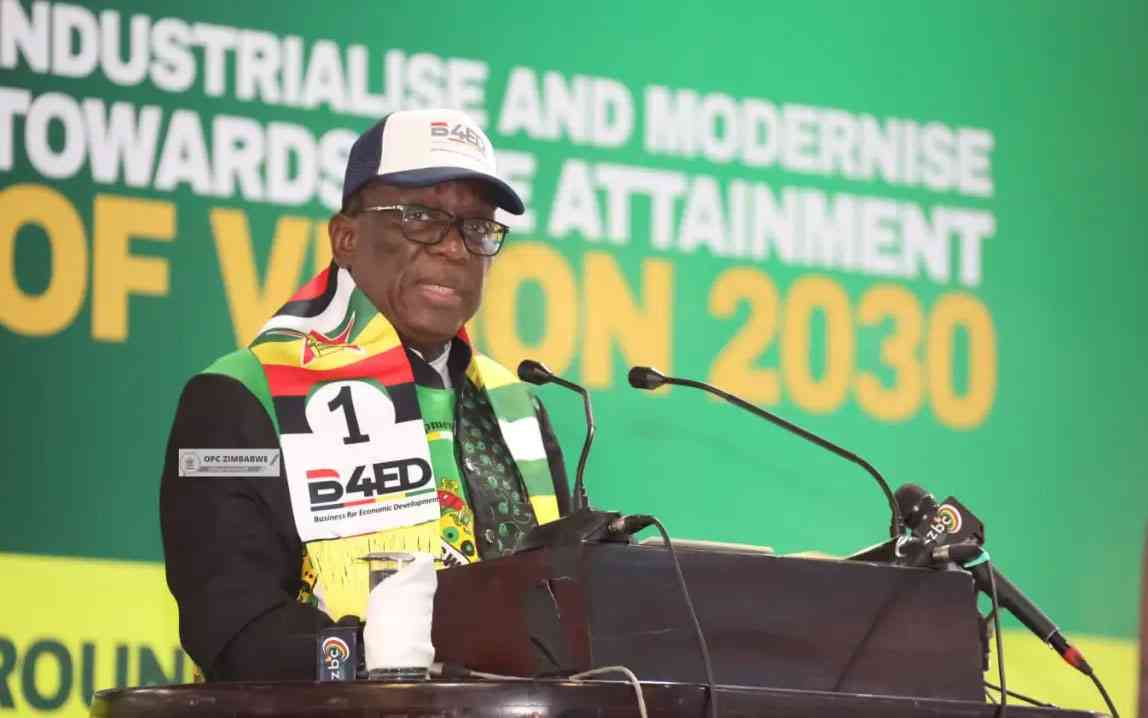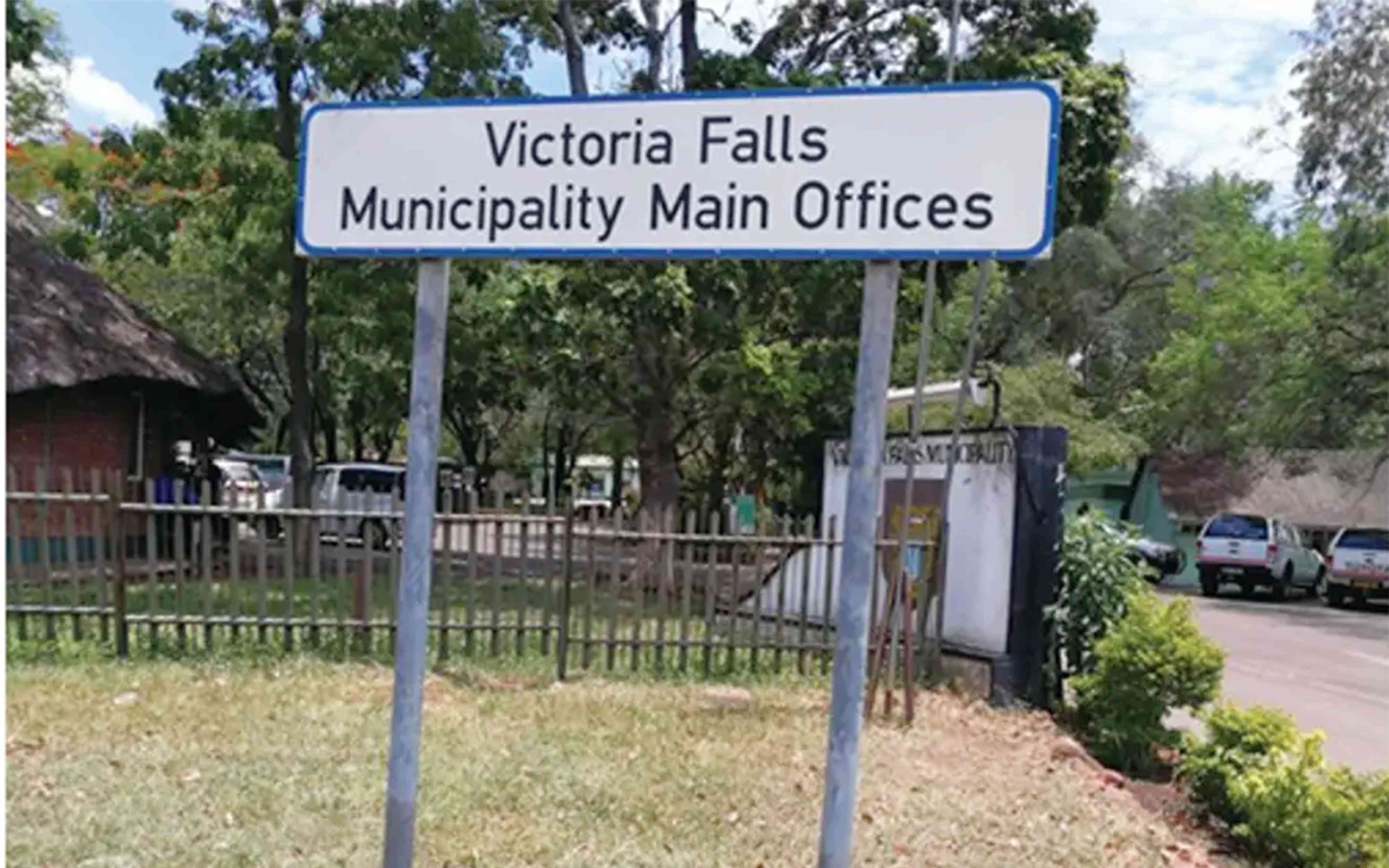
NO news is good news, so goes the old adage. On International Workers Day, the first of May 2023, that was exactly the news the few remaining Zimbabwean formally employed workers received from none other than the International Labour Organization (ILO).
The ILO said 100 000 Zimbabwean workers lost their jobs in the first quarter of 2023 alone. Equally horrific was the fact that the majority of those remaining in employment were experiencing “working poverty”.
Annamarie Kiaga delivered the sad news to thousands of Zimbabweans gathered at Dzivarasekwa Stadium to commemorate Workers Day.
She is the country director for the ILO office in charge of Zimbabwe and Namibia. She bemoaned the unfolding tragedy of rising unemployment and poor salaries.
The near total absence of safety nets on the barren socio-economic landscape in Zimbabwe transforms the tragedy into one of catastrophic proportions.
Maybe this kind of disaster should be a trigger for the mother body of the ILO, the United Nations (UN) to declare a country's government as incompetent, and appoint an administrator in its place?
An alternative could be a Technocratic National Reconstruction and Development Authority. The humanitarian move, if backed by substantial international funds, in the quantum of those that bailed out Greece post 2008 global financial crisis, would most certainly save thousands of now anguished lives.
ln the short to medium term toxic effects of the landscape, left to themselves, will take their toll on those that have recently lost their jobs as well as on some still in employment but who find the burden of working poverty unbearable.
- Workers’ Day call for more and better jobs
Keep Reading
Despair and deadly depression, not to mention suicide are already manifesting themselves in the cohort group. Ironically, Premier Services Medical Investments, once one of the country's largest care-givers and a wholly owned subsidiary of once blue-chip Public Service Medical Aid Society, later rebranded Premier Services Medical Aid Society — PSMAS, went belly up over the course of 2022 off-loading hundreds of unsuspecting workers onto the barren labour market.
Press reports indicated one of the workers retrenched without benefits committed suicide. And the once blue-chip medical aid society is now a symbol of corruption.
Job creation Sadc’s biggest challenge
Kiaga described the term working poverty as meaning a worker earns US$100 or less a month.
The paltry amount begs debate and validation, as it seems to assume the poor should be porridge eating vegetarians without other basic worldly aspirations like a smart phone, decent clothes, three square meals a day, a roof over one's head, tapped water in the house, a flushing toilet, and of course, last but not least, self-respect, not to mention respect from a member of the other gender.
The lady called for the "unleashing of significant investment into the creation of jobs. with focus on the green, digital and care economy”.
Across the Zambezi River, President Hakainde Hichilema, or HH as he is fondly called by friend and foe alike, graced May Day celebrations hosted by the Zambian Congress of Trade Union, more or less echoed the call for more investment in job creation, particularly in the IT/digital economy.
He called for the unions to join hands with his administration in its quest to create meaningful jobs, as well as improving the conditions of service for the few lucky enough to be formally employed.
He lamented, however, the huge (by African standards) hard currency denominated sovereign debt drowning the Zambian economy, and whose servicing was swallowing funds that otherwise would have been invested in job creation.
The debt situation is worse, of course, in neighbouring Zimbabwe south of the Zambezi.
The theme of the celebrations in Zambia was “Accelerating job creation for economic growth”. The necessity of prudence in matters fiscal was highlighted by Hichilema.
He castigated the high operational costs of the presidential Gulfstream Executive jet, a favorite toy of some world-class footballers.
He vowed not to use it, adding it should never have been bought.
Hichilema expressed exasperation with his senior civil servants and ministers' love affair with a top of the range, large and costly SUV produced by Toyota, most likely with the African “Big Man” and his unquenchable extravagance in mind.
In despair, the President pleaded with the unions to join him in combating sloth and corruption in both central and local government offices and affairs. The situation, he lamented, was the same in state-owned enterprises.
Public debt restructuring, Hichilema further pleaded, needed the full support and involvement of the Unions. The note of despair in Hichilema’s May Day speech points to dark clouds ahead.
The Zimbabwean government representative in Dzivarasekwa, a brave soul, was booed on the stage as he delivered government's solidarity messsge.
In a year or two, such a fate may overtake Hichilema. In virtually all of Sadc, the writing is on the wall.
The levels of poverty and joblessness in Sadc have reached unacceptable levels. The situation is now a matter of public health, increasing both morbidity and mortality directly and indirectly.
Furthermore, it is driving deadly Afro-phobia in Botswana, Namibia and South Africa. At its worst it is triggering armed rebellion, insurgency and insurrection as it has done in Northern Mozambique and Eastern DRC.
A few years ago, the British weekly, The Economist, grouped Zimbabwe among countries “ripe for rebellion” given its dire socio-economic circumstances then. Sure enough, a velvet military coup soon followed. Today the situation is even worse.
All of that besides, poverty and joblessness drive up crime rates, corruption and tax evading, low productivity informality.
In his concluding remarks, HH called on his nation to work hard and teach financial literacy and intolerance to corruption from an early age.
In Harare, Kiaga, apart from urging greater investments into job creation, also called for greater and better policy coordination and coherence. The same, of course, should also apply to multi-lateral agencies, amongst them UN ones.
Rather than block the recruitment of nurses from Zimbabwe by the First World as it did, the World Health Organisation (and GoZ) should have marshaled massive investments into nurse and doctor training in Zimbabwe in a sustainable manner by way of a revolving fund.
Apart from the care economy, where Zimbabwe can supply the global community with tens of thousands of professionals, subject to availability of huge commercially profitable investments in training and training institutions, Zimbabwe has huge reserves of lithium.
Investment in lithium and PGM mining and refining, should make Zimbabwe a major player in the green economy, complete with the heavy-duty lithium batteries and platinum catalytic converters manufacturing in country.
In her prescription for job creation, Kiaga should not have left out the need for infrastructure provision, its repairs and renewals, as well as the upgrade of such essential basics as increasing production and productivity in agriculture, education and healthcare services. These are the starting materials, and the ingredients for the digital economy and sustainable job creation.
Nyandoro is a pharmacist by training. He holds a Pharm (Hon) degree from the University of Zimbabwe.











